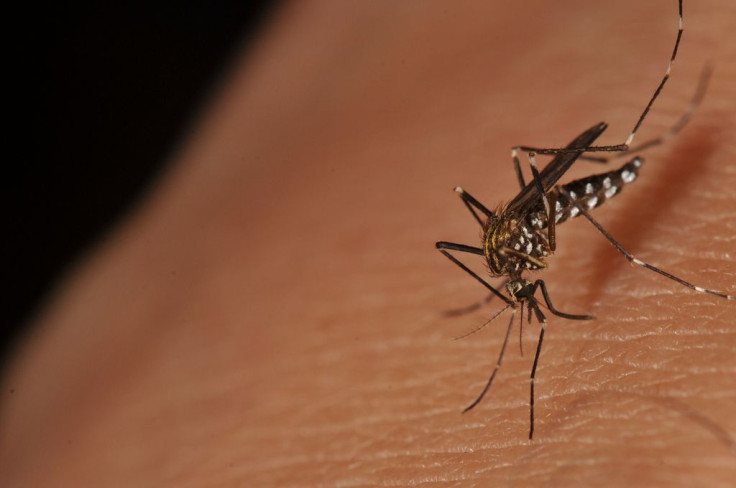Game Changer: Zika Virus Transmission Via Sex May Mean New Measures Must Be Taken For Prevention

According to the Centers for Disease Control and Prevention, a Zika virus patient being treated in Dallas was not infected by a mosquito bite. Instead, doctors suspect the patient contracted the virus through sexual intercourse. The finding may not only change what we know about the virus, but also how we prevent further infections.
The Zika virus has rapidly been making its way throughout South America and now North America, with the World Health Organization declaring the outbreak a Global Health Emergency earlier this week. Originally, scientists believed the virus was mainly spread through bites from by Aedes aegypti mosquito, but the current Dallas patient has not recently travelled to a Zika infected area, The BBC reported. But their sexual partner had.
"We don't believe this was spread through mosquito bites, but we do believe it was spread through a sexual contact,” Anne Schuchat, principal deputy director for CDC told The BBC.
The case has caused researchers to further investigate the possibility of the Zika virus being sexually contracted.
This is not the first time that scientists have suspected that the Zika virus may be spread through sexual intercourse. For example, in 2008 a U.S. researcher who contracted the virus while working in Senegal reportedly spread it to his wife upon his return home. In addition, the virus has been previously reported in the semen on a Tahitian man.
The Zika virus causes mild flu-like symptoms such as fever, rash, and joint pain. However, researchers noted that when pregnant women are infected with the virus, their children are more likely to be born with microcephaly, a serious birth defect that causes brain underdevelopment.
If the Zika virus does prove to be sexually transmitted, it could change the conversation on international efforts to contain the virus outbreak. At the moment, efforts to prevent new Zika infections are aimed at fighting the mosquitoes carrying the disease. This includes eradicating mosquito breeding grounds, such as stagnant ponds and other water sources, and pesticide spraying to kill larvae and adult mosquitos, The Globe and Mail reported. The virus is currently restricted to areas with the climate necessary to sustain Aedes mosquito populations. If Zika is also spread through sex, this could mean that the virus would pose a risk to every country and authorities will have to re-evaluate their approach to infection prevention.
At the moment, not much is known about the Zika virus’ sexual risk, but in a recent email to The Guardian , the CDC did recommend that the best way to avoid Zika infection was to “prevent mosquito bites” and “avoid exposure to semen from someone who has been exposed to Zika.” More will be released once the connection between the Zika virus and sexual intercourse becomes more clear.



























